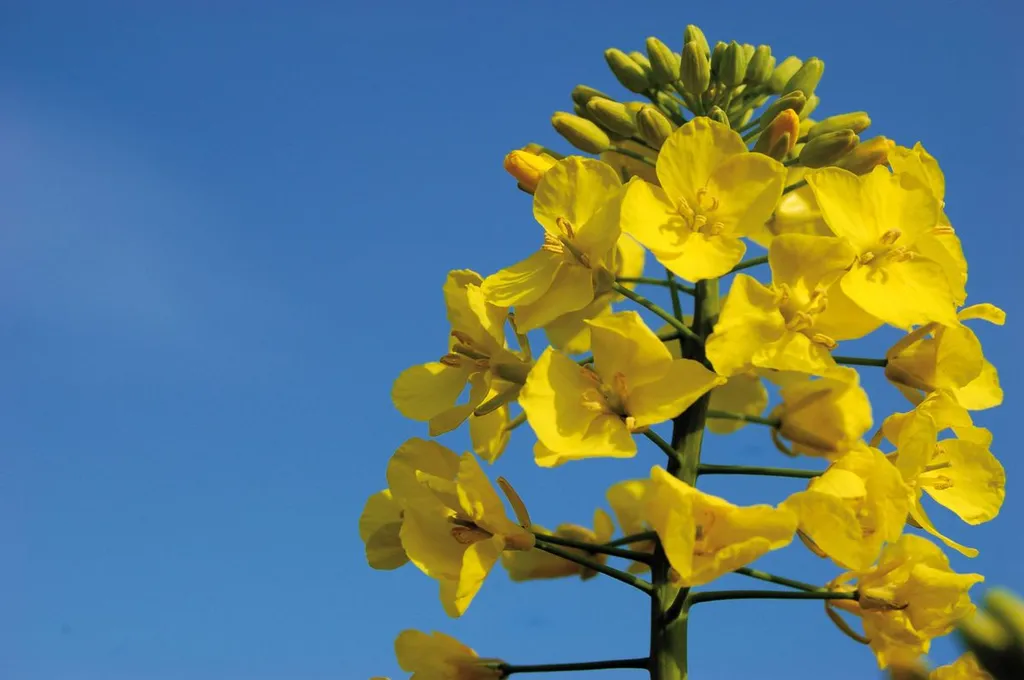In the heart of Romania, a critical study is unfolding that could reshape how we view the environmental footprint of biofuel crops. Led by Lucian Dordai of the Research Institute for Analytical Instrumentation in Cluj-Napoca, this research delves into the greenhouse gas (GHG) emissions associated with rapeseed farming, a key player in the biofuel sector. The findings, published in *Studia Universitatis Babes-Bolyai Chemia* (translated as *Studies of Babeș-Bolyai University Chemistry*), offer a nuanced look at how irrigation and nitrogen fertilization impact emissions, with significant implications for the energy sector.
Rapeseed, a versatile crop used for biodiesel production, has long been a staple in the biofuel industry. However, its environmental impact has been a subject of debate. Dordai’s study, conducted between 2022 and 2024, provides a detailed assessment of GHG emissions from rapeseed farming in Romania. The research reveals that emissions range from 89 to 231 kg CO2 eq/l biodiesel, a range that varies significantly based on farming practices.
One of the most striking findings is the role of irrigation. “Irrigation reduces GHG emissions by approximately 1.3 times compared to non-irrigated conditions,” Dordai explains. This discovery highlights the potential for irrigation to mitigate the environmental impact of rapeseed farming, offering a practical solution for farmers and energy producers alike.
Nitrogen fertilization, however, presents a more complex challenge. The study found that nitrogen application significantly increases nitrous oxide (NOx) emissions, which account for 80% of total GHG emissions under higher nitrogen rates. “Excessive nitrogen use intensifies NOx emissions due to enhanced nitrification and denitrification processes,” Dordai notes. This underscores the need for optimized nitrogen management to balance yield increases with environmental impacts.
The commercial implications of this research are profound. For the energy sector, understanding and reducing the carbon footprint of biodiesel production is crucial. Dordai’s findings suggest that precision nitrogen management and strategic irrigation could be key to achieving this goal. By adopting these practices, energy producers can enhance the sustainability of their biofuel supply chains, potentially opening up new markets and improving their environmental credentials.
Moreover, the study’s insights could drive innovation in agricultural technology. As the demand for sustainable biofuels grows, so too does the need for farming practices that minimize GHG emissions. Dordai’s research provides a roadmap for achieving this balance, offering a glimpse into the future of sustainable agriculture.
In an era where environmental sustainability is paramount, this research serves as a reminder that small changes in farming practices can have a significant impact. By optimizing nitrogen use and leveraging irrigation, the biofuel industry can reduce its carbon footprint while maintaining productivity. As Dordai’s work continues to gain traction, it is poised to shape the future of rapeseed farming and the broader energy sector.

